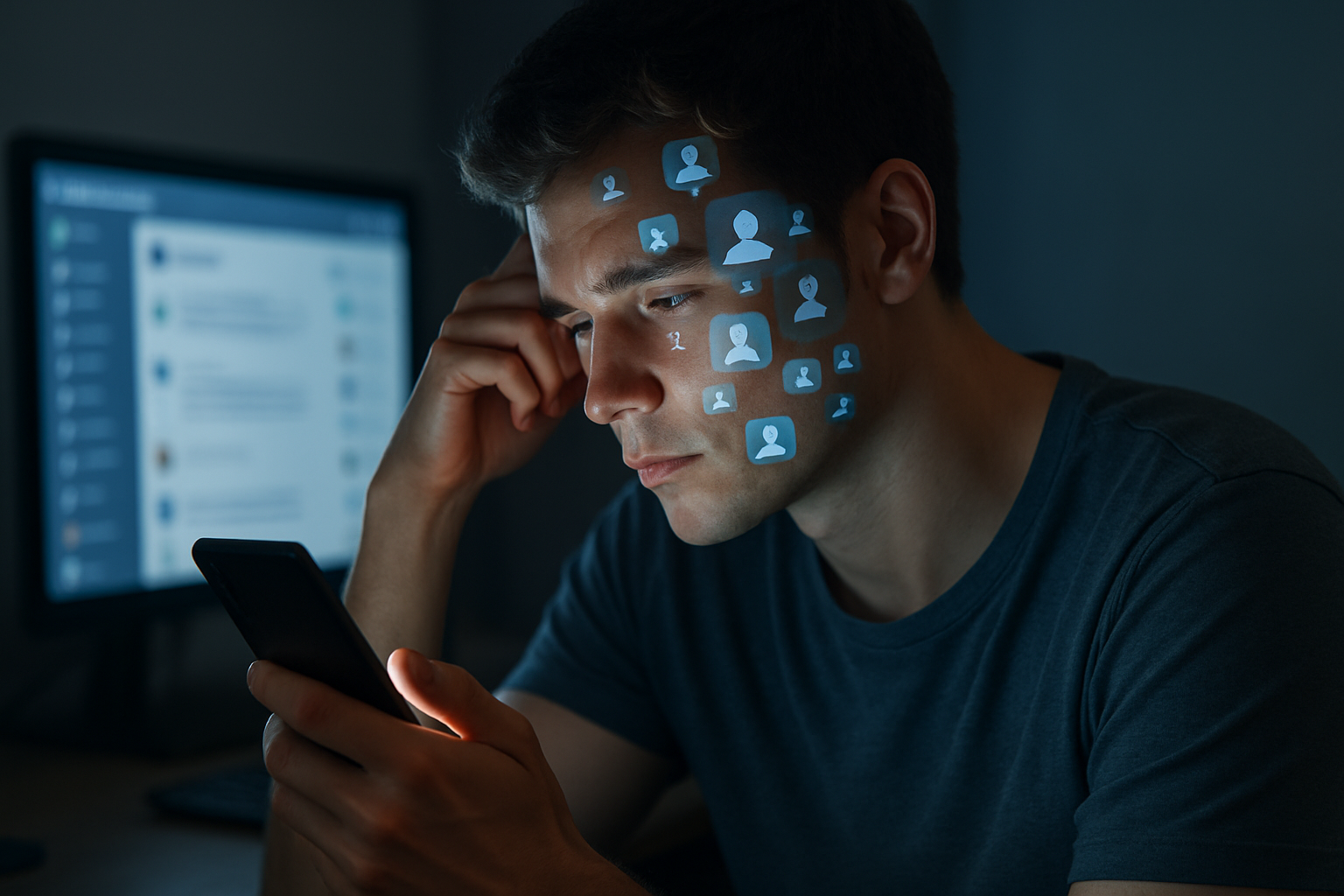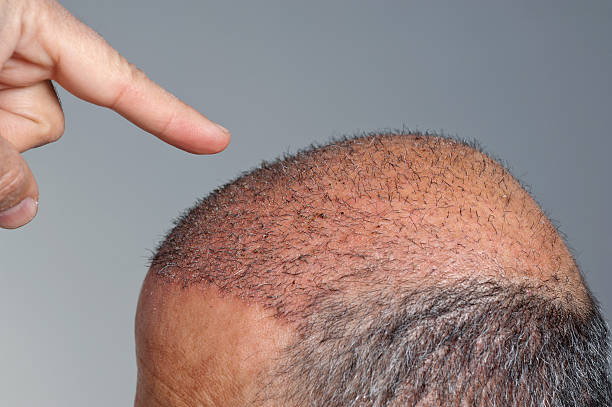Anxiety in the Digital Age: Causes and Coping Strategies
Anxiety disorders have become increasingly prevalent in modern society, with the digital age bringing new challenges to our mental well-being. The constant connectivity, information overload, and social media pressures have created a perfect storm for anxiety to thrive. According to the World Health Organization, anxiety disorders affect nearly 300 million people globally, making them the most common mental health disorders worldwide. This surge in anxiety cases has prompted researchers and mental health professionals to explore the intricate relationship between our digital lives and our psychological state. As we navigate this complex landscape, it's crucial to understand the root causes of anxiety in the digital age and develop effective coping strategies to maintain our mental equilibrium.

Information Overload and Decision Fatigue
One of the most significant contributors to anxiety in the digital age is the sheer volume of information we encounter daily. The internet has made an unprecedented amount of data available at our fingertips, but this abundance can be overwhelming. Studies have shown that excessive information intake can lead to decision fatigue, where the brain becomes exhausted from processing too much data. This mental fatigue can manifest as anxiety, indecisiveness, and a general sense of being overwhelmed. The constant stream of news, often negative or sensationalized, can also contribute to a heightened state of worry and stress.
The Impact of Social Media on Self-Esteem
Social media platforms have become an integral part of modern life, but their impact on mental health is a growing concern. The curated nature of social media posts often presents an unrealistic portrayal of people’s lives, leading to unfavorable comparisons and feelings of inadequacy. Research has shown that excessive social media use is associated with increased anxiety, depression, and lower self-esteem. The pressure to gain likes, followers, and maintain a perfect online image can create a constant state of stress and self-doubt. Moreover, cyberbullying and online harassment have emerged as serious issues, particularly affecting younger users and exacerbating anxiety symptoms.
Digital Addiction and Its Psychological Consequences
The addictive nature of digital technologies is another factor contributing to anxiety in the modern era. Many people find themselves compulsively checking their devices, leading to a state of hypervigilance and difficulty in relaxing. This constant connection can disrupt sleep patterns, impair concentration, and increase overall stress levels. Studies have shown that excessive smartphone use is associated with higher levels of anxiety and depression. The fear of being without one’s phone, known as nomophobia, has become a recognized psychological condition, further highlighting the deep-rooted impact of digital technology on our mental well-being.
Workplace Stress in the Always-On Culture
The digital age has blurred the lines between work and personal life, creating an “always-on” culture that can be a significant source of anxiety. The expectation to be constantly available and responsive to work-related communications has led to increased stress levels and difficulty in maintaining a healthy work-life balance. Remote work, while offering flexibility, has also introduced new challenges, such as the struggle to disconnect from work and the loss of clear boundaries between professional and personal spaces. This constant connectivity can lead to burnout, anxiety, and a sense of never truly being able to relax or recharge.
Coping Strategies for Digital-Age Anxiety
Despite the challenges posed by the digital age, there are numerous strategies that individuals can employ to manage anxiety and promote mental well-being. One effective approach is digital detoxing, which involves consciously limiting screen time and taking regular breaks from technology. Implementing “tech-free” zones or times in daily life can help create space for relaxation and real-world connections. Mindfulness and meditation practices have also proven effective in reducing anxiety symptoms and improving overall mental health. These techniques can help individuals stay grounded in the present moment and develop a more balanced relationship with digital technology.
The Role of Digital Literacy in Anxiety Prevention
Improving digital literacy is crucial in combating anxiety in the digital age. This involves developing a critical understanding of how digital media works and its potential impacts on mental health. Education on responsible social media use, fact-checking skills, and the importance of privacy can empower individuals to navigate the digital landscape more confidently. Understanding the mechanisms behind addictive digital behaviors can also help people make more conscious choices about their technology use. Schools and workplaces are increasingly recognizing the importance of digital wellness education in promoting overall mental health.
Harnessing Technology for Mental Health Support
Ironically, the same digital technologies that contribute to anxiety can also be powerful tools for mental health support. Mobile apps for meditation, mood tracking, and cognitive behavioral therapy have made mental health resources more accessible than ever before. Teletherapy platforms have expanded access to professional mental health services, particularly valuable for those in remote areas or with mobility limitations. Online support communities can provide a sense of connection and understanding for individuals struggling with anxiety. As technology continues to evolve, there is growing potential for innovative digital solutions to mental health challenges.
In conclusion, while the digital age has introduced new challenges to our mental well-being, it has also opened up new avenues for understanding and addressing anxiety. By recognizing the sources of digital-age anxiety and implementing effective coping strategies, individuals can work towards a healthier relationship with technology. As society continues to grapple with these issues, it’s clear that finding a balance between the benefits of digital connectivity and the need for mental well-being will be crucial for future generations. Through education, mindful technology use, and leveraging digital tools for support, we can navigate the complexities of the digital age while maintaining our psychological health.






